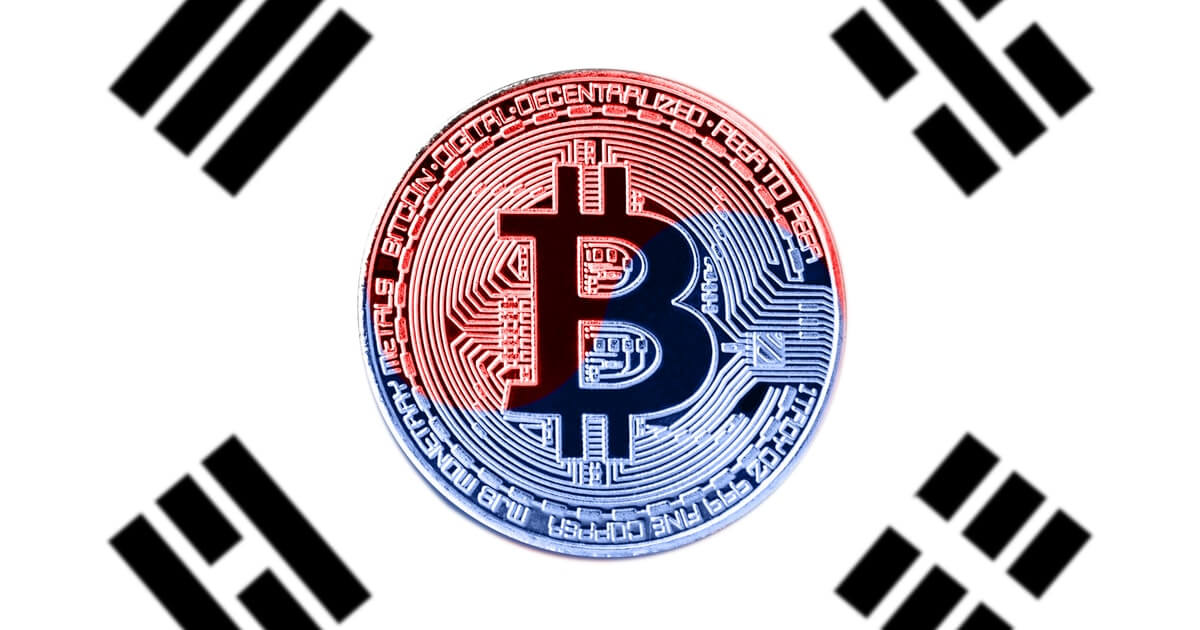Korea’s major political parties have unveiled cryptocurrency incentives, the Democratic Party has proposed ETF liberalization, and the People Power Party has proposed tax deferral for digital assets.
To gain support ahead of the upcoming general election, South Korea’s major political parties have turned to the burgeoning cryptocurrency market, introducing policies to attract young, tech-savvy voters. These developments highlight the growing influence of digital assets in politics and how they can influence voter sentiment.
The opposition Democratic Party announced a policy proposal to lift existing regulations on domestic and foreign exchange-traded funds (ETFs) containing cryptocurrency tokens such as Bitcoin ETFs. The move aims to boost the country’s financial technology sector and provide investors with more diverse and regulated investment options. If implemented, this proposal could significantly boost Korea’s cryptocurrency market by allowing traditional investors to participate. cryptocurrency Within a familiar and regulated framework.
On the other hand, the People Power Party, led by Governor Yoon Seok-yeol, is taking a different approach, promising to defer taxation on profits generated from digital assets. This tax policy adjustment, which postpones the planned tax start date, is designed to ease the financial burden on cryptocurrency investors and traders. The People Power Party believes that the delay will not only benefit individual investors but also promote the growth of the domestic cryptocurrency industry.
The policies proposed by both parties reflect recognition of the role of cryptocurrencies in the Korean economy and their potential to influence election results. South Korea has one of the most active cryptocurrency trading environments in the world, and decisions made in this space resonate with a significant portion of the population, especially younger voters who are more likely to engage in digital asset trading.
It is also worth noting the global context in which these proposals are made. South Korea is part of a larger trend in which governments and financial regulators are grappling with the best approach to integrating cryptocurrencies into the economy. For example, in the United States, several Bitcoin ETFs have been launched, while regulators such as the Securities and Exchange Commission (SEC) continue to evaluate the cryptocurrency market. South Korea’s stance on cryptocurrency ETFs and taxation will undoubtedly be monitored by international markets and regulators.
However, the journey to implement these cryptocurrency-friendly policies is not without challenges. Regulatory issues, including investor protection and market stability, remain at the forefront of discussions. Moreover, the volatility of cryptocurrency markets poses risks that policymakers must address carefully to avoid a backlash from potential financial upheaval.
In conclusion, the focus on cryptocurrency-related incentives as political parties in South Korea deploy strategies to secure electoral support highlights the importance of digital assets in the country’s future economic landscape. The Democratic Party’s push to liberalize ETFs and the People Power Party’s proposal to defer taxes on digital asset profits are clear signs that cryptocurrencies have come to play a significant role in Korean politics, with the power to sway voters and shape policy.
Image source: Shutterstock

